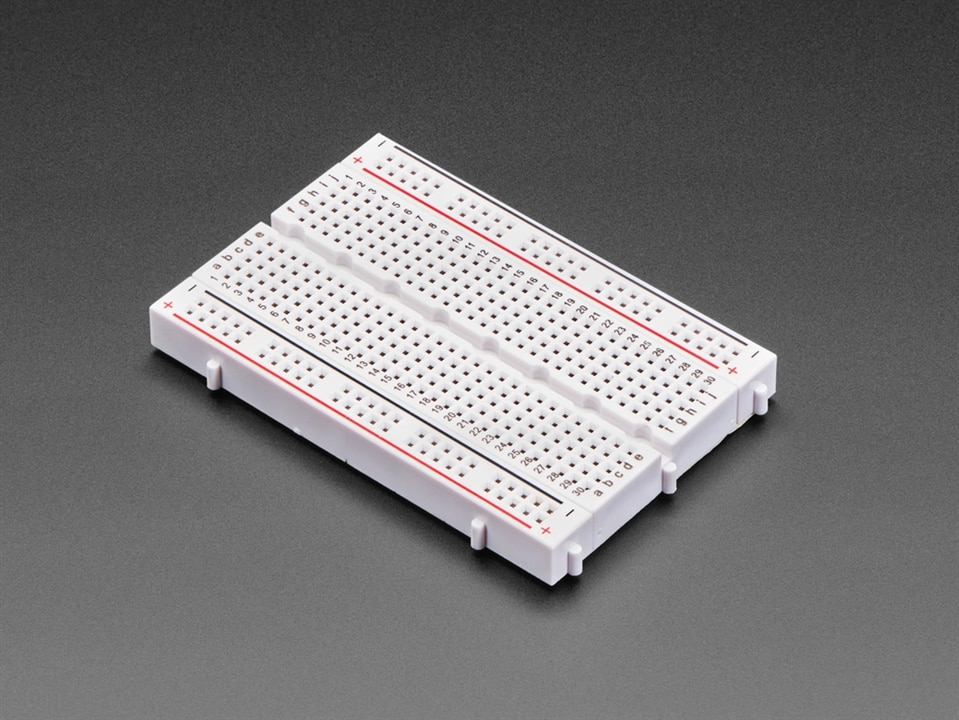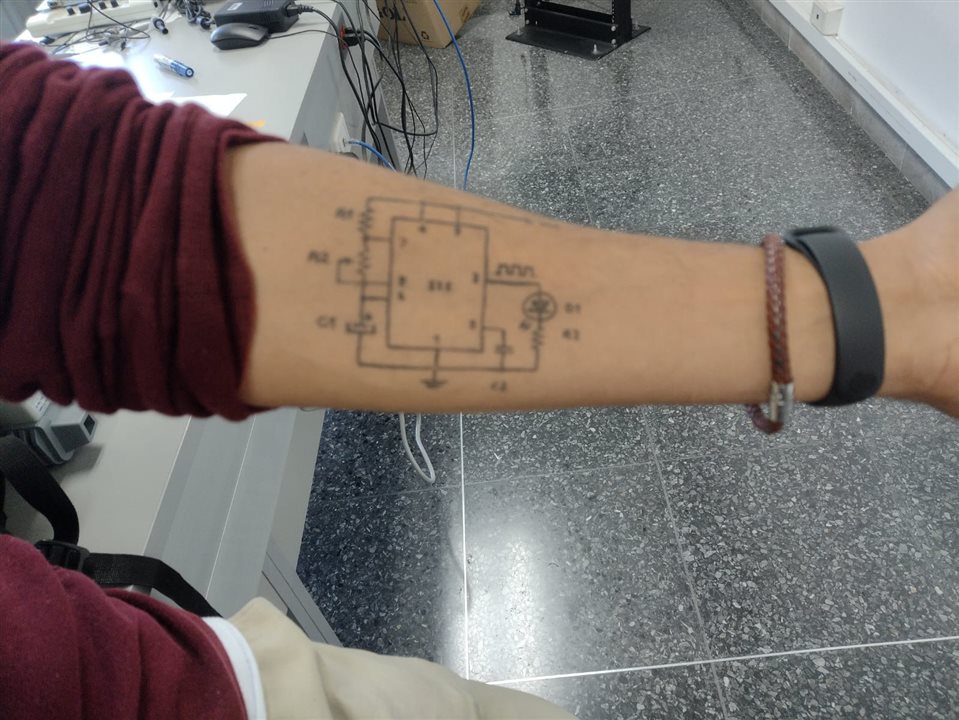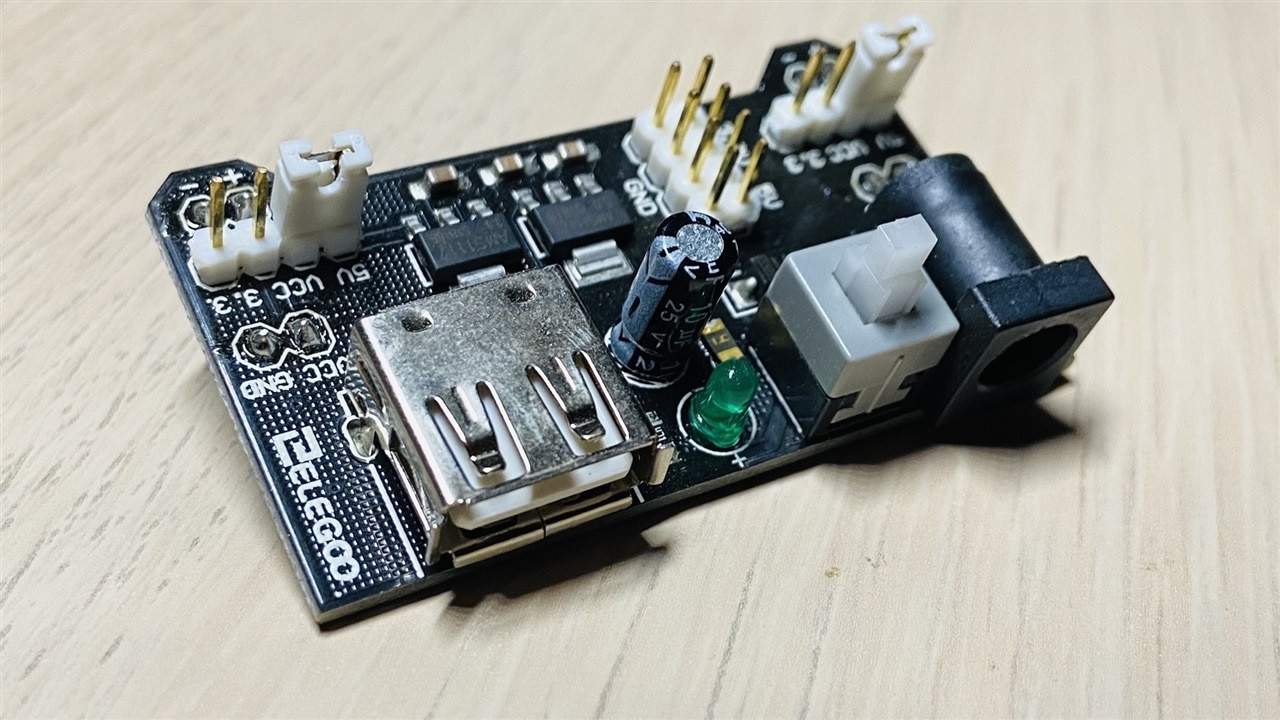To start the blogging process, I would like to start by making some memory of how I started in the electronics world and most of us. In some countries where technology is not a priority access to knowledge is by Internet or going to some private school which is not an option for everyone. Now imagine being interested in making electronics. That is the same story for most of us members of this huge community.
Let's think about those little things that make the difference, when introducing ourselves into this world the first thing you would think of maybe is a breadboard. And there comes the first question.
What should I do next?
Since we got our first breadboard we want to enter in some basics, placing some resistors, maybe an LED or a simple circuit based on basic components. One of the most famous circuits that can be challenging at the very beginning might be a 555 timer. I remember the first time I turned on an LED and spent hours reading the circuit. That's the case that one of my friends even made a tattoo to remember that first circuit.

But what am I going whit all of this? That very beginning leads us to one thing. How are we going to test our circuit?
Since this challenge's purpose is to help scientist to help in their investigation. What I wanted to do is help future electronics engineers in their starting process, what you might have noticed is that I have talked about that very beginning but, which tools are needed to start. Since our projects might need some power supply.
Some characteristics that most power supplies out there on the market might have variable voltage and some current limit or at least current shown in a display. What I wanted to create is a module that can be attached to the Raspberry and can be controlled using common raspbian software the idea is to make something that can be used without much knowledge needed just plugging the module and then starting experimenting.
With that idea in mind maybe make some other modules with the same function just with other characteristics, there are other many modules for Arduino but why not for our raspberries, made especially for them with characteristics that should be just for them?
Finally what I started with is 2 essential modules first adding a power supply and a variable one that displays the current and the voltage.
It should have an interface to interact at the very beginning it might not look as good but my main challenge is working on the electronics side more than the GUI. Remember the idea is to create modules capable to be used by anyone and with a little more knowledge being programmed by anyone keeping the basic idea of the opensource electronics concept and leaving the GUI customizable by anyone giving this the opportunity to anyone to create their own code and modify anything if needed.
- The first module as I said is a power supply whit the control logic and the power sourcing part.
- The second one is creating a function generator that is usable for those that want to test their projects at specific frequencies and at different waveforms.
That second module might have some premade modules but just for this phase maybe in the future I will not use those modules instead use separated parts to keep my original idea to have specialized modules for the Raspberry.

This power supply is one of the basics but I want to improve that one to be controlled by the rasp. Maybe with some characteristics from a buck converter step up and step down we can make it possible. Hope you get interested in my posts!
